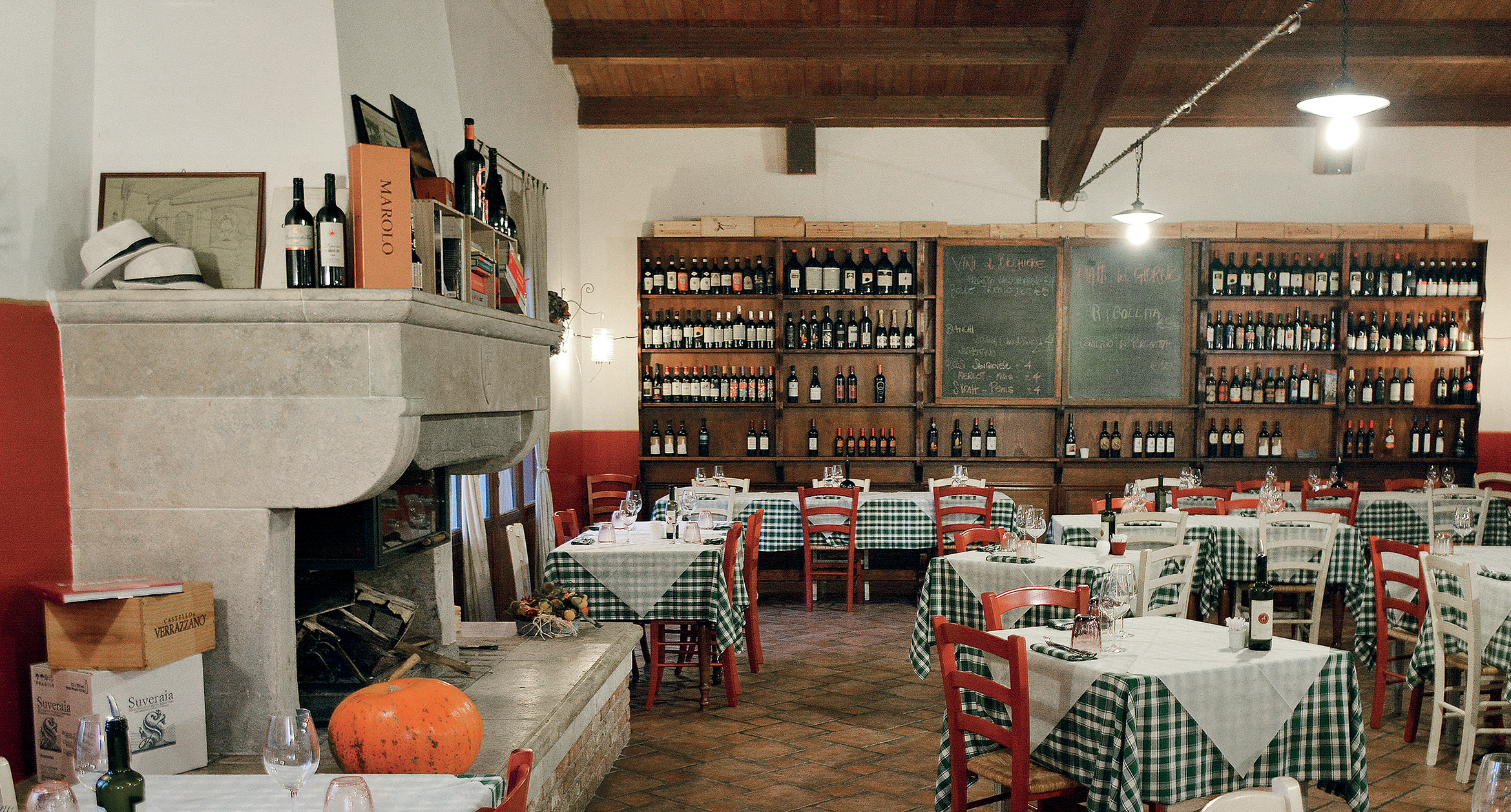

She was also one of the first people to undergo a widely publicized successful gender confirmation surgery in Europe and was delighted to be greeted with "Bonjour Mademoiselle" after her operation. Jacqueline Charlotte Dufresnoy, better known by her stage name Coccinelle, was a French actress, singer, entertainer and activist. While a lot of people may have heard of modern trans celebrities such as Laverne Cox, there are many brilliant trans icons throughout history that we should celebrate and share, and you can read five of their stories here. Born in Paris at rue Notre Dame de Nazareth Nr.On March 31st, International Transgender Day of Visibility celebrates the incredible impact that transgender people have made on society and also recognises the ongoing and systemic discrimination and fear of violence that many transgender people face on a daily basis. 66 in the 3rd arrondissement of Paris, she took the stage name Coccinelle (French for " Ladybug") when she entered show business, making her debut as a transgender showgirl in 1953 at Chez Madame Arthur where her mother was a flower seller. She later performed regularly at the famous nightclub Le Carrousel de Paris, which also featured regular acts by other famous trans women such as April Ashley and Marie-Pier Ysser. In 1958, she travelled to Casablanca to undergo a vaginoplasty by Georges Burou.


She said later, "Dr Burou rectified the mistake nature had made and I became a real woman, on the inside as well as the outside. She sang the title track of Premier rendez-vous, a 1941 film directed by Henri Decoin.Īfter the operation, the doctor just said, 'Bonjour, Mademoiselle', and I knew it had been a success."

She became a media sensation, and performed the Cherchez la femme revue which ran for 7 months at the Olympia in Paris between 19. In 1987, her autobiography was published, titled Coccinelle par Coccinelle. She married French journalist Francis Bonnet in 1960. Her marriage to Bonnet was dissolved in 1962. She then married Paraguayan dancer Mario Costa in 1963, who died in 1977. She then married fellow transgender activist Thierry Wilson in 1996. She very quickly became a media sensation upon her return to France after the operation, with a look and stage act based on the prominent sex symbols of the day. Historian Joanne Meyerowitz wrote "the more sexualized MTF showed up in the sensationalized press in the stories on Coccinelle, who worked at Le Carrousel in Paris". In 1959 she appeared in Europa di notte by director Alessandro Blasetti. That same year, Italian singer Ghigo Agosti dedicated the song Coccinella to her, provoking widespread consternation and controversy. Coccinelle appeared in the 1962 Argentine thriller film Los Viciosos and was the first French trans woman to become a major star, when Bruno Coquatrix splashed her name in red letters on the front of Paris Olympia for her 1963 revue, Cherchez la femme. She later appeared in the 1968 Spanish romantic drama Días de viejo color.


 0 kommentar(er)
0 kommentar(er)
